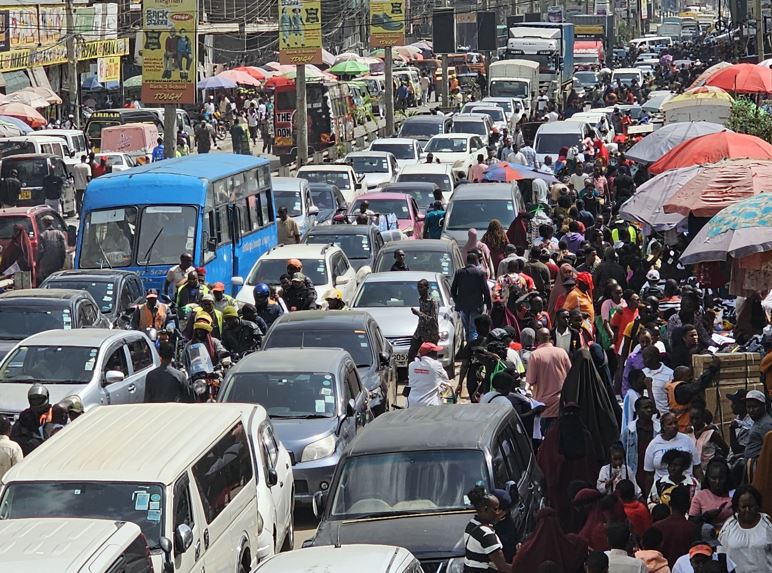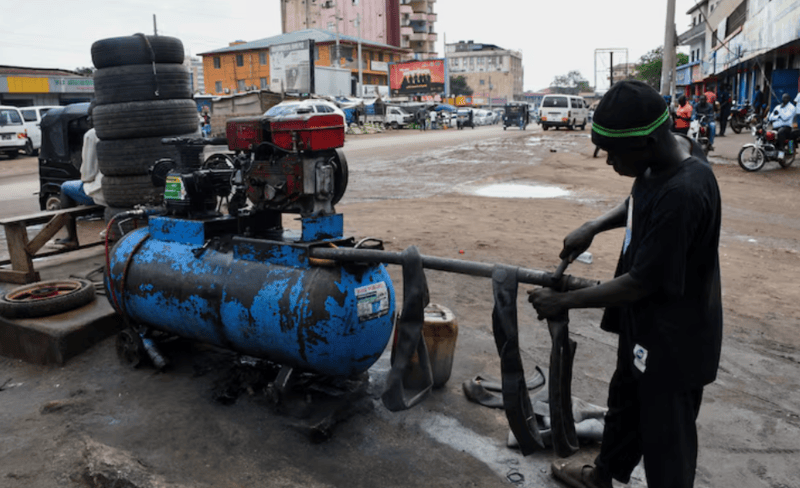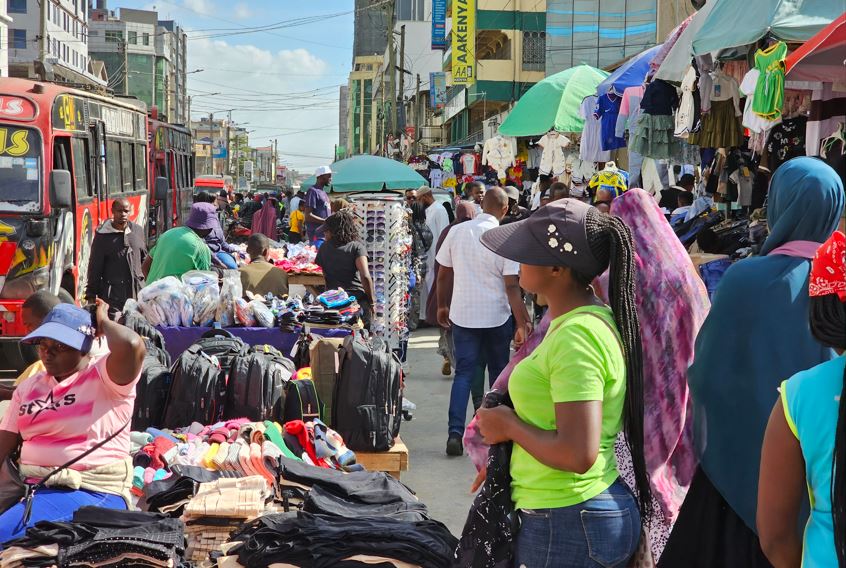New vehicle sales fall in Kenya amid high taxes, interest rates

According to data from the Kenya Motor Industry Association (KMIA), the country's 11 major car dealers sold a total of 11,352 units, including exports to regional markets.
New vehicle sales in Kenya saw a slowdown in 2024, as dealers faced a tough economic environment marked by high taxes and reduced government purchases.
According to data from the Kenya Motor Industry Association (KMIA), the country's 11 major car dealers sold a total of 11,352 units, including exports to regional markets.
More To Read
- NTSA registers 4,700 vehicles in a week as deadline for unregistered cars passes
- Businessman petitions court to abolish eight-year limit on car imports
- KEBS sets new rules for importing used vehicles, effective January 2025
- Kenya's vehicle market faces steepest decline in seven years amid high taxation
Of these, 11,059 were sold in the local market, marking a decline from the 11,370 units sold in 2023 and 13,352 units in 2022.
The drop in new vehicle sales comes as second-hand imports continue to dominate, mainly due to their affordability compared to brand-new cars.
In addition to this, many individuals and businesses reported reduced spending power in 2024, compounded by high interest rates, which made financing new vehicles even more challenging.
"Interest rates went up 20 per cent, making it difficult for some customers to buy new products," said Isuzu East Africa managing director Rita Kavashe.
"There is also the aspect of pending bills, where most customers in the construction sector and other areas have not been paid for work done," Kavashe explained that this cash flow issue has caused delays in the execution of projects, thereby affecting the procurement of new project vehicles.
Tough economic climate
The tough economic climate in Kenya also played a role in the slowdown. The first half of 2024 saw the country's real GDP growth decline to 4.8 per cent, down from 5.5 per cent in the first half of 2023, according to Central Bank of Kenya (CBK) data.
Economic growth projections for the year were revised downwards to 5.1 per cent from 5.4 per cent.
While inflation dropped to a 14-year low of 2.7 per cent in October, the cost of living remained high, with commodity prices staying elevated.
Multiple taxes on businesses and deductions from workers' payslips further strained household spending power.
Despite these challenges, some sectors, including transport, construction, agriculture, and retail, showed relative stability, helping to sustain the demand for certain types of vehicles.
Trucks, double and single-cabin pickups, buses, and prime movers remained the best-selling categories, with 3,939 trucks, 3,133 pickups, 1,205 buses, and 522 prime movers sold.
Isuzu led the market, capturing a 47.5 per cent share with 5,390 units sold. CFAO Motors Kenya followed with a 33.4 per cent share, selling 3,789 units, while Simba Corp Limited rounded out the top three with 977 units.
Despite the decline in overall vehicle sales, dealers are hopeful that the economic situation may improve in 2025, particularly in the construction sector, where demand for raw materials and vehicles is beginning to pick up.
Top Stories Today

















